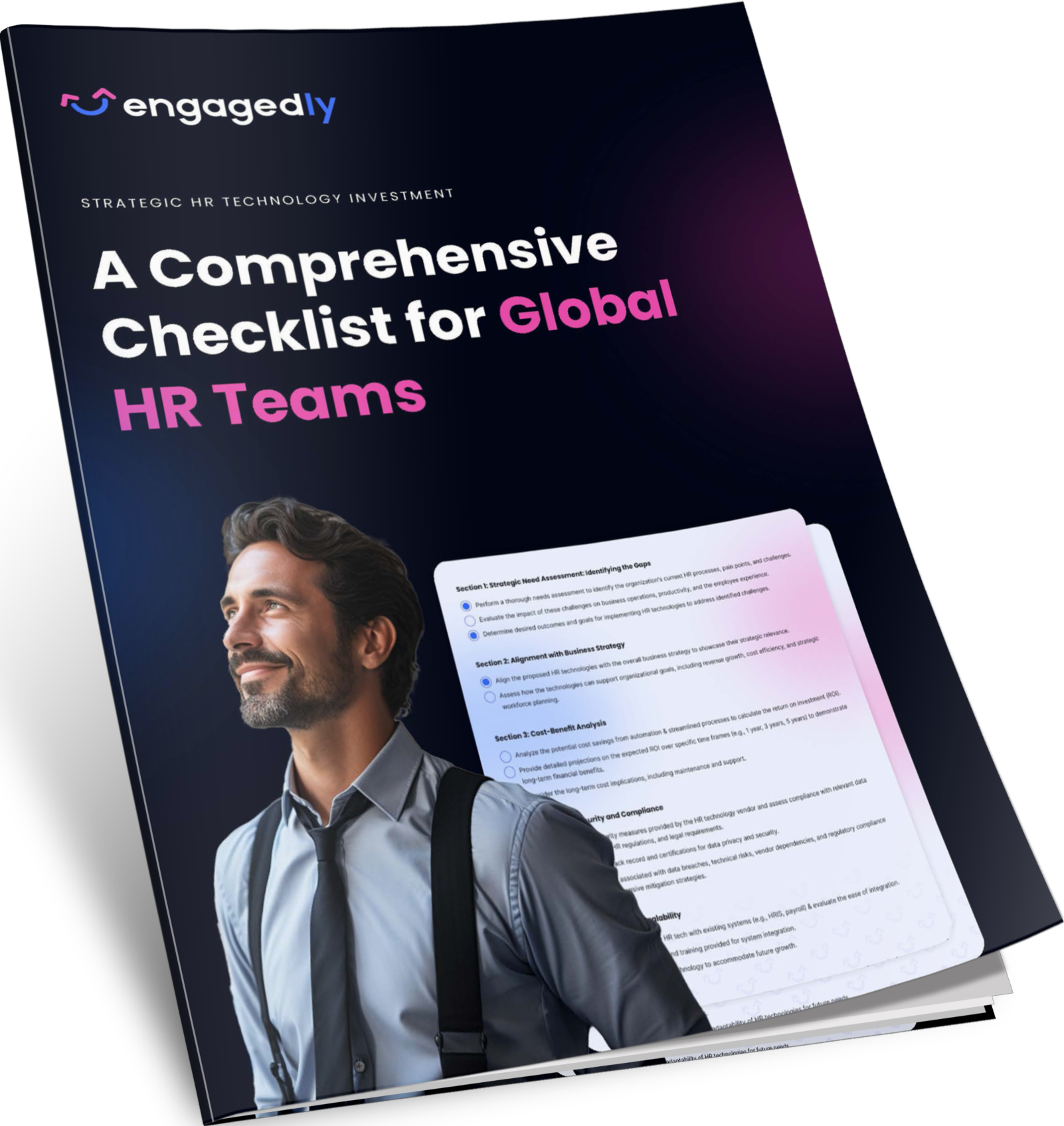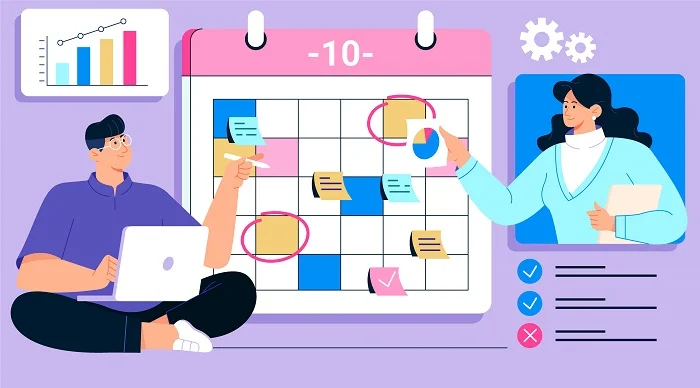Difficult conversations are hard. Especially the ones that come after performance reviews.
It is hard to see these conversations as being anything other than stressful. Oftentimes, when you are the initiator of a difficult conversation, it is hard not to see yourself as being the bad guy, the villain of the piece, especially when the person on the other side lashes out, either in the form of anger or tears.
But difficult conversations are a part and parcel of the workplace. There’s no way to avoid them also because then, they might blow up into even bigger issues.
So how can we tackle conversations like these? Especially since most of us are people who don’t feel comfortable with being confrontational?
Here are a few tips to prepare for those awkward post-performance review conversations.
Frame It in A Different Light
Let’s face it. We cannot avoid difficult conversations. So we’ve got to prep ourselves for it. When you sense a potentially difficult conversation in the offing, you need to get rid of your negative mindset. You need to frame it in a more positive/constructive light. Look at it that something that needs to happen for the betterment of the employee, or to help them move on from a bad job fit.
Be Calm and Composed
If you are all keyed-up before a difficult conversation, then chances are the whole thing is jinxed from the start. See the person on the other side is also keyed-up. Two stressed-out individuals conducting a conversation that is high-stakes seems like a recipe for disaster. Instead of entering a conversation with your nerves on edge, compose yourself. You being calm will help the conversation go a lot more smoothly.
Don’t Be Restrictive
This basically means that before you have a difficult conversation, don’t prepare a speech before hand that you reel off once you enter the room and see the person in question. Instead, let the conversation flow organically. Sometimes, you will find the reason behind poor performance is not a lack of talent, but rather it is some other issue that has been affecting their work.
Don’t Be Rude
Talking to someone about a bad performance review, or a termination, is already a difficult task. Remember that empathy and compassion are two important qualities, and they play an especially big role here. Listen to what the other person has to say and have an open mind. And if need to be, also prepare to offer an ear to listen.
Finally, Be Constructive
One way to resolve a difficult conversation successfully is to offer a solution to the problem. If you see problems with an employee’s work or behavior, point them out and then offer a solution that can help resolve that problem. Sometimes, the solution isn’t even to solve a problem. It maybe to help an employee with a few issues or just provide moral support.
Hopefully these tips will make difficult conversations a little easier for you. If you have some tips for navigating difficult conversations, share them with us in the comments section below!
Engagedly is a performance management platform with elements of employee engagement.
To see how we can help your organization, request a demo today!
Author
Srikant Chellappa
CEO & Co-Founder of Engagedly
Srikant Chellappa is the Co-Founder and CEO at Engagedly and is a passionate entrepreneur and people leader. He is an author, producer/director of 6 feature films, a music album with his band Manchester Underground, and is the host of The People Strategy Leaders Podcast. He is currently working on his next book, Ikigai at the Workplace, which is slated for release in the fall of 2024.






